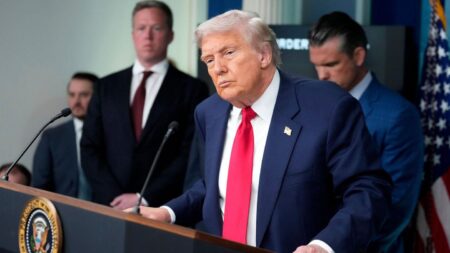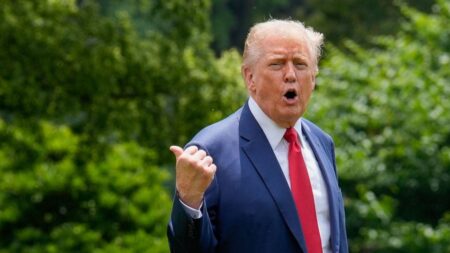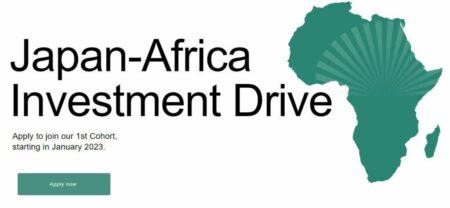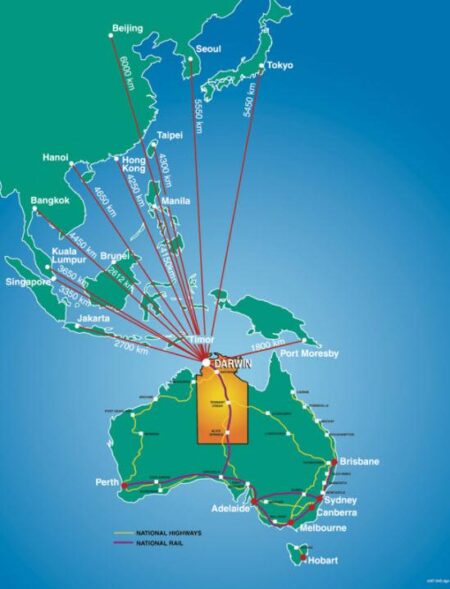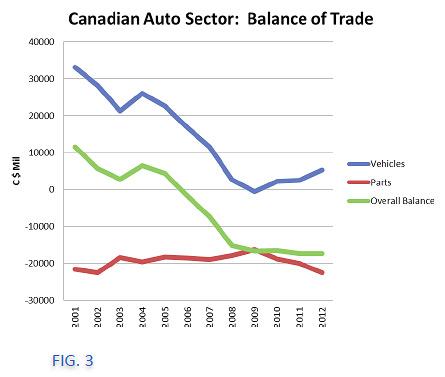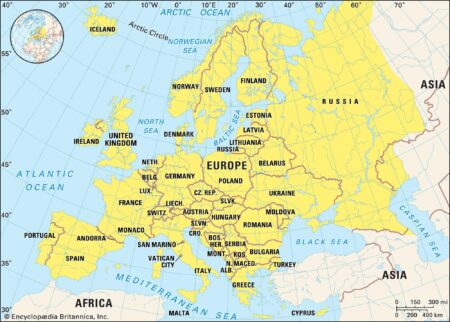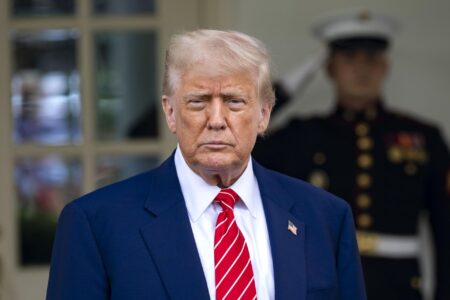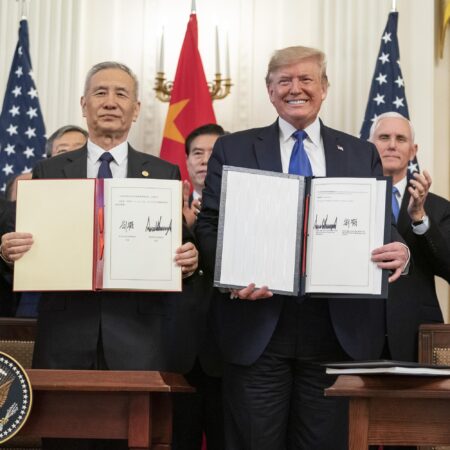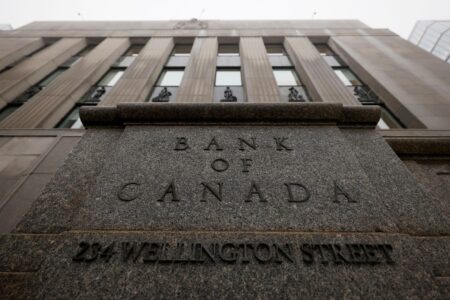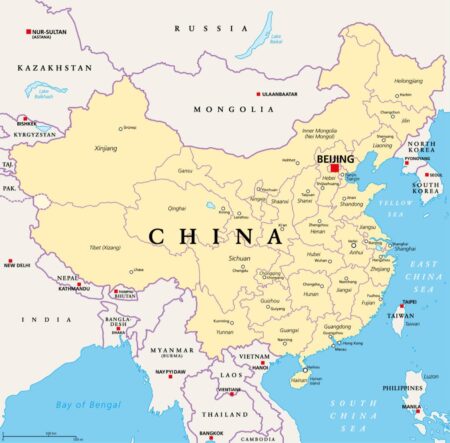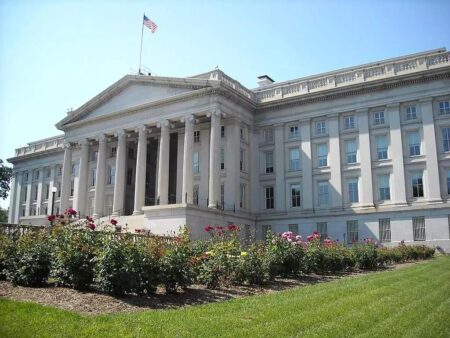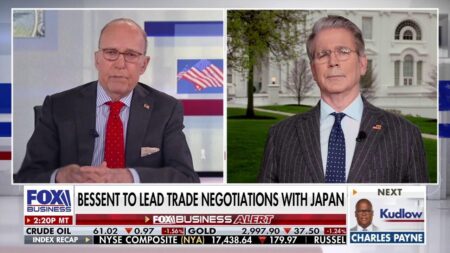Trump’s economic policies targeting India have strained bilateral ties, inadvertently strengthening China’s grip on the region. Experts warn that these trade disputes may perfectly align with Beijing’s broader strategic ambitions in Asia
Browsing: economic strategy
Prime Minister Albanese is striking a calm and confident tone as the upcoming economic summit approaches, focusing on steady progress rather than drastic tax overhauls. His careful strategy underscores the government’s dedication to maintaining economic stability through thoughtful, gradual policy advancements
Japan is gearing up to launch seabed rare earth extraction by 2025, aiming to break free from China’s supply dominance. This ambitious move targets securing essential materials that power advanced technology and defense systems, marking a major leap toward unprecedented resource independence for the nation
China’s recent trade talks with the US uncovered a striking truth: the true power behind its negotiating leverage. Beijing’s savvy strategy demonstrates how clever tactics can steer even the toughest trade discussions in its favor
Javier Milei is on a relentless quest for undisclosed funds to fuel his audacious drive to dollarize Argentina’s economy, aiming to conquer soaring inflation and chronic economic turmoil. His bold vision has ignited a storm of passionate support alongside fierce skepticism
China has uncovered a critical vulnerability in global trade networks and plans to leverage this insight to expand its strategic influence, signaling potential major shifts in the future of international commerce, Bloomberg reports
Japan is ramping up investments across Africa, determined to lessen its dependence on China’s growing influence. This bold strategy spans multiple sectors, marking a dynamic shift in Tokyo’s approach to global economic partnerships
Australia is making bold moves to regain control of the Darwin port, a vital asset currently leased to the Chinese company Landbridge. This decision comes in response to escalating geopolitical tensions with China and highlights increasing worries about national security and foreign influence on essential infrastructure.
Beijing is basking in the glow of a strategic triumph with the recent truce on U.S. tariffs, signaling a hopeful thaw in trade tensions. As both nations take a moment to reevaluate their economic strategies, China is poised to bolster its standing in global markets while nurturing robust domestic growth.
As Canada’s auto sector navigates a shifting landscape with its biggest customer exploring new markets, industry experts are rallying behind an ambitious plan. This strategy focuses on revitalizing domestic production, boosting investments in electric vehicles, and enhancing workforce training to ensure a thriving and sustainable future for the industry.
Amid rising trade tensions with the U.S., China is encouraging its exporters to explore new markets beyond their traditional boundaries. Although this shift to alternative regions appears simple on the surface, experts warn that navigating logistical hurdles and regulatory complexities could pose significant challenges for a seamless transition.
Europe is at a critical crossroads, facing urgent calls to revamp its economic strategies or risk being reduced to a mere “shock absorber” in the intensifying US-China trade war. Analysts are sounding the alarm, warning that failure to act could leave the continent not only economically vulnerable but also politically sidelined in this global power struggle.
The Trump administration is actively advocating for lower tariffs and concessions on rare earth minerals in its ongoing trade talks with China. These strategic moves are designed to not only stabilize the economy but also tackle pressing supply chain issues that are impacting U.S. industries.
In a bold statement, former President Donald Trump declared that the U.S. doesn’t need a formal trade deal to thrive. He pointed to the successful partnerships between the UK and India as shining examples of how effective trade relations can flourish even without direct U.S. involvement
The Bank of Canada’s governing council recently explored the idea of slashing interest rates once more in April, highlighting their persistent worries about economic growth. This discussion is part of a larger strategy aimed at tackling inflation while bolstering the Canadian economy.
China’s bold gold-buying spree has captured global attention. In a time of economic uncertainty and currency fluctuations, Beijing is on a mission to strengthen its financial stability and lessen its dependence on the U.S. dollar, all while establishing itself as a powerful contender in the international market.
US Treasury’s Bessent has voiced strong support for Argentina’s ambitious economic reforms, highlighting their crucial role in stabilizing the nation as worries about China’s expanding influence in the region mount. This initiative not only reflects a commitment to Argentina’s progress but also aligns seamlessly with broader U.S. interests in bolstering economic partnerships across Latin America.
Germany must take a fresh look at its competitiveness strategies as global tensions rise. With the geopolitical landscape evolving rapidly, there’s an urgent call for innovative policies and robust economic frameworks to successfully navigate this increasingly challenging world
The U.S. is strategically using tariff negotiations to economically isolate China, as highlighted in a recent report by The Wall Street Journal. This bold approach underscores the nation’s commitment to countering China’s growing influence in global trade while simultaneously reinforcing alliances with vital partners around the world
Brazilian fintech Meliuz is considering an expansion of its bitcoin reserves strategy, signaling a growing interest in cryptocurrency investment. This move highlights rising trends in digital assets among financial firms in Latin America.

